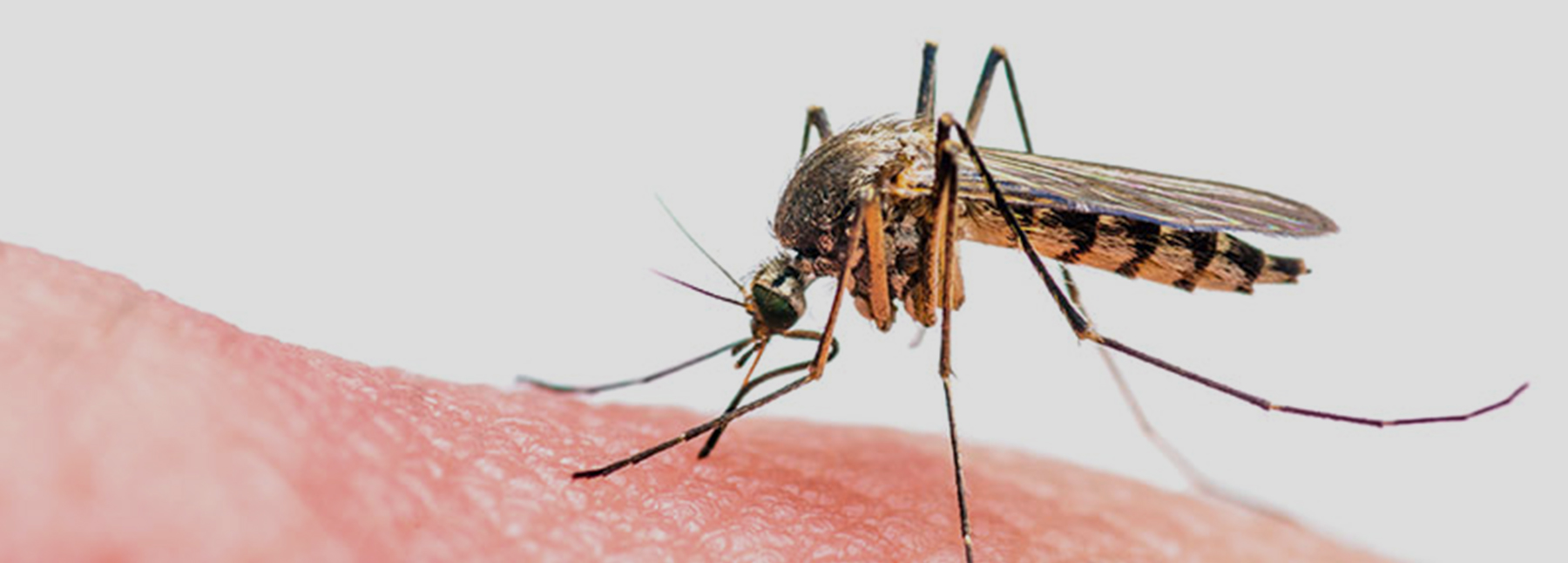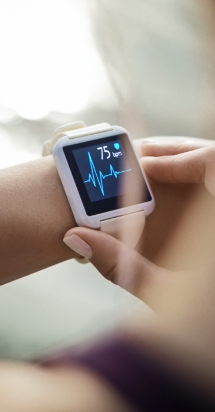As the emerging link between Zika and microcephaly is being explored by the World Health Organisation (WHO), we ask our Medical Director, Dr. Ulrike Sucher to look at what Zika is and the steps that can be taken to prevent contracting the virus.
Although large numbers are predicted to contract the virus this year, it is vital that the public are aware that it is only dangerous to pregnant women.
Dr. Ulrike Sucher, said: "Due to foetal abnormalities linked to the infection, those most at risk of Zika are pregnant women and their babies. It is only this group that should consider the virus dangerous. It is recommended that expectant mothers postpone travel to areas where the Zika infection is concentrated. Women living in affected areas may want to consider delaying pregnancy until the World Health Organisation (WHO) declares the area free of Zika, or an approved vaccine against the virus is developed.
The WHO is currently meeting to assess the level of alarm, but whatever the outcome, it is worth remembering that only a small proportion of the global population are at risk. Questions should centre on which specific demographics are most likely to be affected and ways to prevent infection.
"For now at least, all those travelling to the affected areas should make sure that they protect themselves against transmission of the virus by mosquitos."
The WHO is currently meeting to assess the level of alarm, but whatever the outcome, it is worth remembering that only a small proportion of the global population are at risk. Questions should centre on which specific demographics are most likely to be affected and ways to prevent infection.
"For now at least, all those travelling to the affected areas should make sure that they protect themselves against transmission of the virus by mosquitos."
Zika - Key Facts
- Zika virus disease is caused by a virus transmitted by Aedes mosquitoes.
- People with Zika virus disease usually have a mild fever, skin rash (exanthema) and conjunctivitis.
- These symptoms normally last for 2-12 days.
- There is no specific treatment or vaccine currently available.
- The best form of prevention is protection against mosquito bites.
What is Zika Virus?
Zika virus is a mosquito-borne virus that was first identified in Uganda in 1947 in rhesus monkeys, and subsequently identified in humans in 1952. Outbreaks of Zika virus disease have been recorded in Africa, the Americas, Asia and the Pacific.
The virus is spread to humans through bites from the Aedes aegypti mosquito, which has been expanding its range over the past three decades.
Zika is difficult to detect, with only one in five people infected showing symptoms. The symptoms come on within a few days and include mild fever, rash, joint pain, and conjunctivitis (red eyes).
The virus is spread to humans through bites from the Aedes aegypti mosquito, which has been expanding its range over the past three decades.
Zika is difficult to detect, with only one in five people infected showing symptoms. The symptoms come on within a few days and include mild fever, rash, joint pain, and conjunctivitis (red eyes).
Prevention
- No vaccine exists to prevent Zika virus disease (Zika).
- Help prevent Zika by avoiding mosquito bites.
- Mosquitoes that spread Zika virus bite mostly during the daytime.
The following steps should be taken, when traveling to countries where Zika virus is found:
- Wear long-sleeved shirts and long trousers.
- Stay in places with air conditioning or that use window and door screens to keep mosquitoes outside.
- Sleep under a mosquito bed net.
- Use insect repellents - always follow the product label instructions
- If you are also using sunscreen, apply sunscreen before applying insect repellent.
If you have a baby or child:
- Do not use insect repellent on babies younger than 2 months of age.
- Dress your child in clothing that covers arms and legs, or Cover crib, stroller, and baby carrier with mosquito netting.
- Do not apply insect repellent onto a child's hands, eyes, mouth, and cut or irritated skin.

















